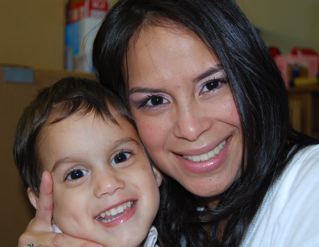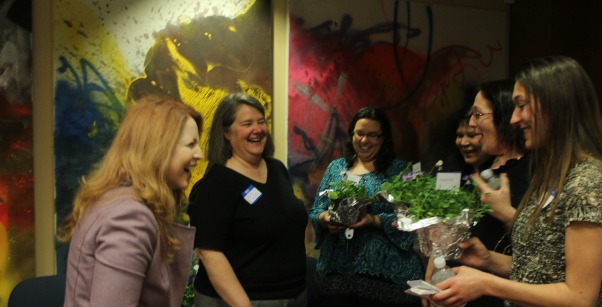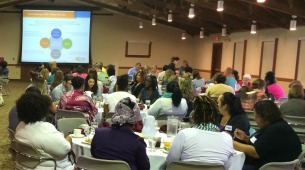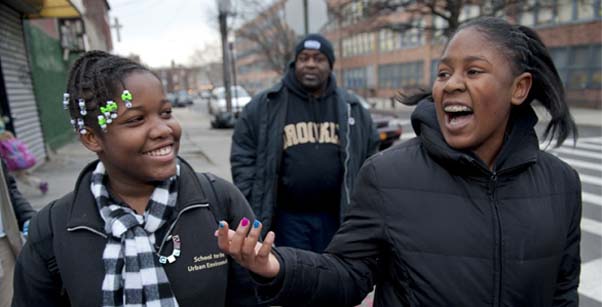Christie Administration Assists Families Find Permanent Supportive Housing
Department of Children and Families and Department of Community Affairs Partner to Help
25 Families Break Cycle of Homelessness
TRENTON – Continuing the Christie Administration’s commitment to New Jersey’s most vulnerable families, the New Jersey Department of Children and Families (DCF) in partnership with the New Jersey Department of Community Affairs (DCA) is helping 25 families move into permanent supportive housing by expanding Keeping Families Together, a pilot housing program.
Keeping Families Together is a model of permanent supportive housing for child welfare involved families struggling with homelessness and other challenges. DCF established the program for 10 families in Essex County in July 2014, later expanding it to another 8 families in Monmouth and Passaic counties.
The latest expansion into Atlantic and Gloucester counties more the doubles the number of New Jersey families benefitting from Keeping Families Together.
“Family homelessness is devastating to children,” said DCF Commissioner Allison Blake. “Its impact reverberates into future generations, creating continued despair and hopelessness and straining government resources. But today, we’re moving to break the cycle for 25 families seeking better futures for their children.”
Keeping Families Together provides families access to supportive services, including case planning and evidence-based and trauma-informed coordinated services to support each family’s unique needs.
The 25 families, which will begin moving to their new homes before the end of the year, will receive Section 8 housing vouchers from the DCA. The vouchers are essential to helping these families find an affordable and safe place to live. DCA committed 25 15-year Project-Based Section 8 housing vouchers to the program.
“The DCA is pleased to provide the additional vouchers that will allow South Jersey families to participate in the Keeping Families Together program,” said DCA Commissioner Charles A. Richman. “Integrating social, health and case management services with housing, provides the stability needed to keep the family together.”
The initial Keeping Families Together pilot showed promise improving child well-being and decreasing child welfare involvement in New York City, according to Metis Associates. *
DCF joined with the Corporation for Supportive Housing (CSH) to host DCF’s Keeping Families Together Statewide Convening in New Brunswick today. The event brought together stakeholders throughout the state and included Housing First training, pilot site presentations, and peer-to-peer discussion and knowledge exchanges.
DCA provides administrative guidance, financial support and technical assistance to local governments, community development organizations, businesses and individuals to improve the quality of life in New Jersey. The Department offers a wide range of programs and services that respond to issues of public concern including fire and building safety, housing production, community planning and development, and local government management and finance.
DCF is dedicated to ensuring a better today and an even greater tomorrow for every individual the department serves. In partnership with New Jersey’s communities, DCF ensures the safety, well-being, and success of New Jersey’s children and families. DCF funds and directly provides services and support to over 100,000 women, children, and families each month.
*CSH is pleased to assist more communities using supportive housing as a solution for families involved in the child welfare system. According to the extensive evaluation conducted by Metis Associates, the initial CSH Keeping Families Together pilot funded by the Robert Wood Johnson Foundation achieved the following outcomes:
- During the evaluation period, close to 90% of the families stayed out of emergency shelter and remained stably housed in supportive housing
- Families experienced a decrease in child welfare system involvement with fewer incidences of repeat maltreatment while living in supportive housing
- School-age children within the families demonstrated steady average increases in school attendance
- Participating families indicated supportive housing had a positive effect on their ability to maintain relationships with others and to rebuild their support systems
Generous funding from Casey Family Programs supports CSH and our efforts related to the Keeping Families Together initiative in New Jersey.







